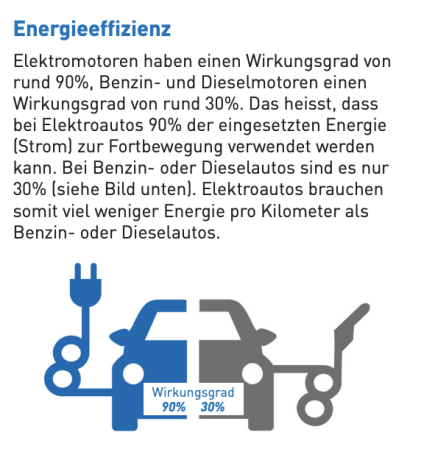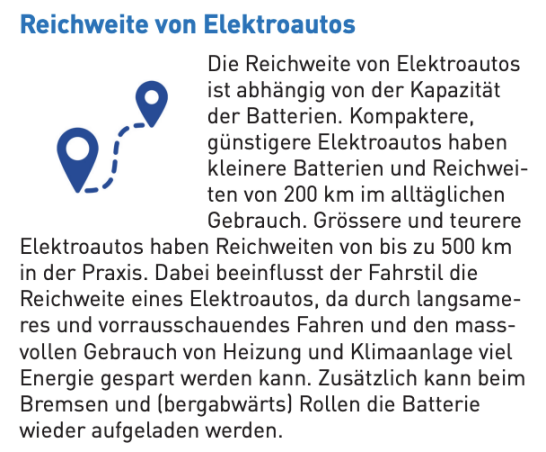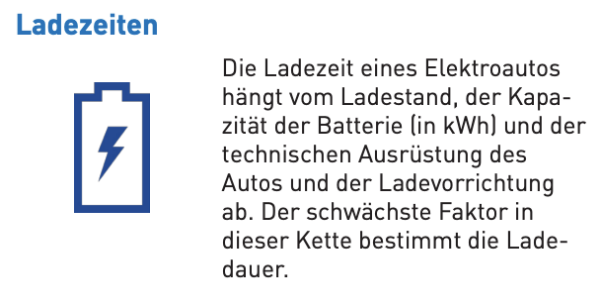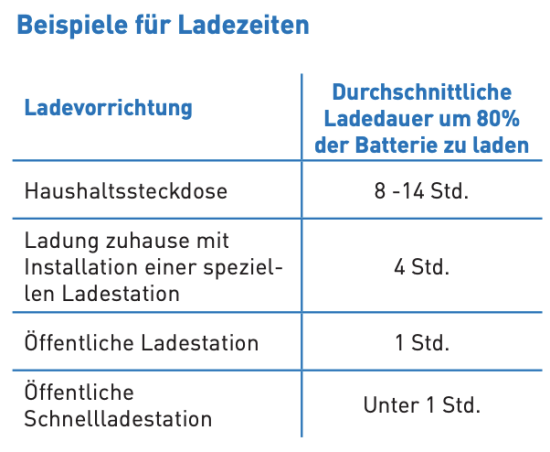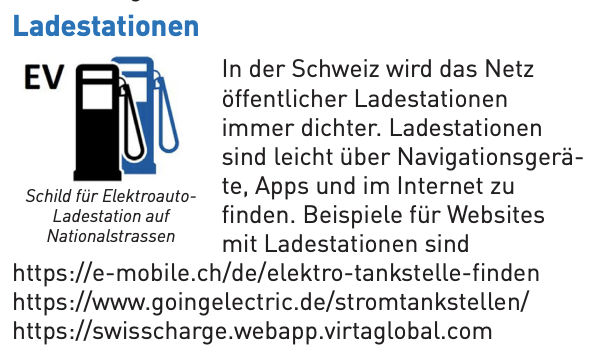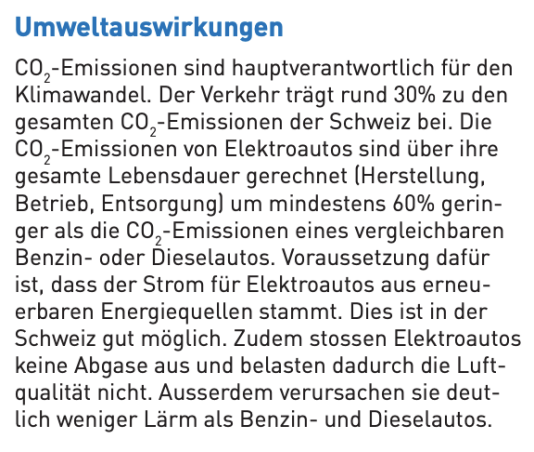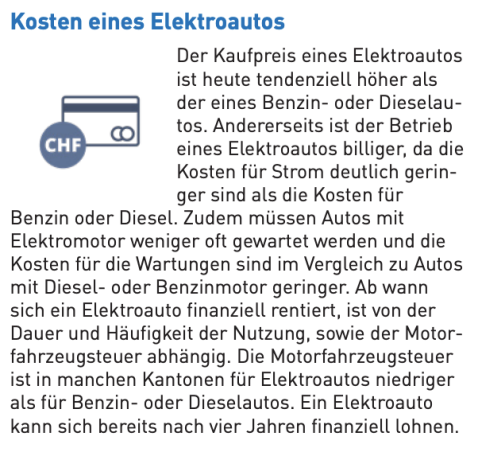Fostering the transition towards fuel-efficient cars
This SFOE-funded project has been successfully completed (2017-2021). Results can be found it the following publications:
external page Battery Electric Vehicle adoption in regions without strong policies (Transportation Research Part D)
external page What drives public support for policies to enhance electric vehicle adoption? (Environmental Research Letters)
external page Annual reports 2017-2020 (Aramis – Swiss federal government)
The project was also incorporated into Gracia Brückmann's dissertation “Electric Vehicle Adoption and Acceptance”.
The team
-

Gracia Brückmann (© 2018 ISTP) -

Dr. Prof. Thomas Bernauer
Motivation
Battery Electric Vehicles (BEVs) can contribute to emission reductions in the transport sector to meet climate targets. While BEVs are already on the market, they also need to be taken up by consumers. As of 2020, not even 1% of the Swiss car fleet was solely powered by energy stored in a battery. Additionally, many BEV policies are publicly very contested.
Key findings from the test-drive field-experiment
- People experienced with BEVs were more interested in test-drives than people without such previous experience
- Both information and test-drives increase knowledge about BEVs
- After the test-drives many participants wanted to buy a BEV next
- Many test-drivers bought an electric car. More observations needed for significant results
- Preferences regarding BEV policies unaltered by test-drives and information provision
When estimating the preferences for BEVs after test-drives, many previous studies invite only interested people and thus far never analysed policy preferences as well as actual electric vehicle uptake after trialling.
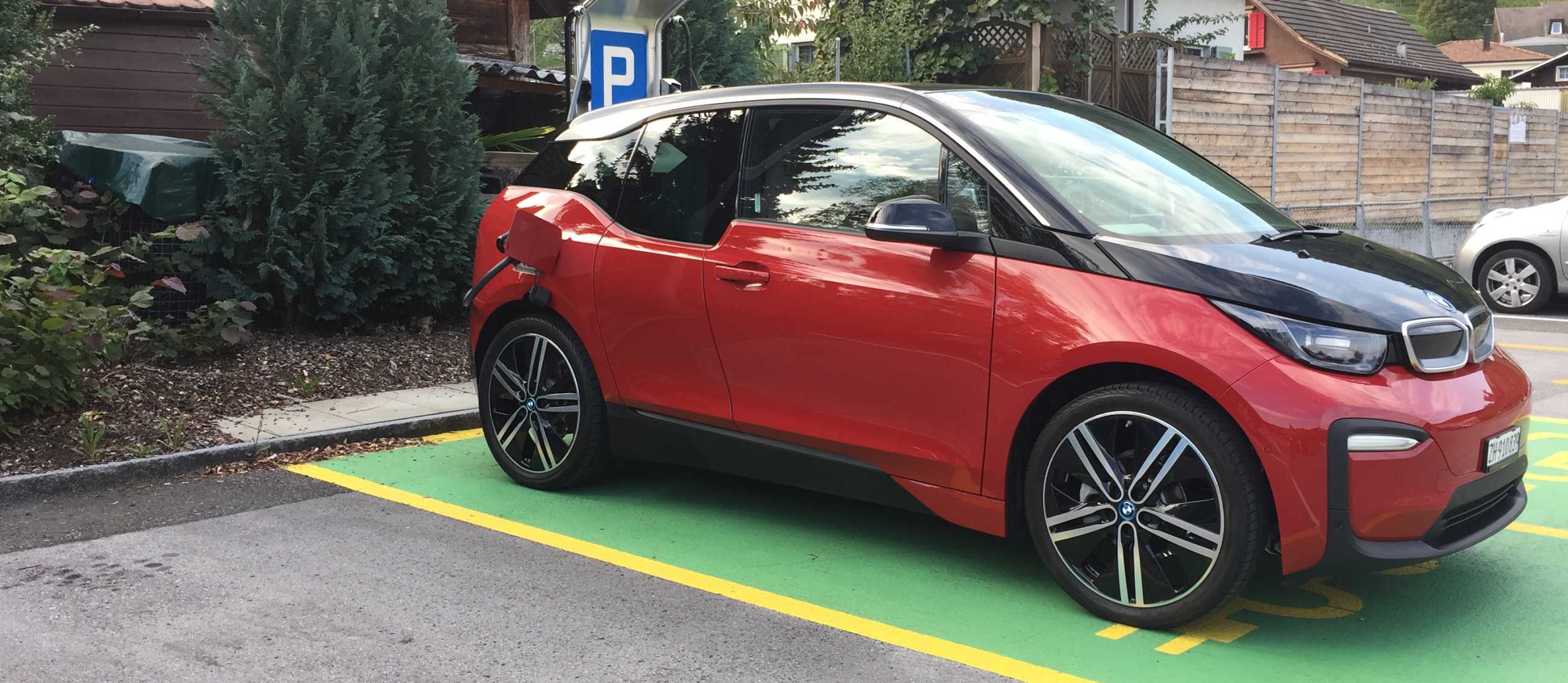
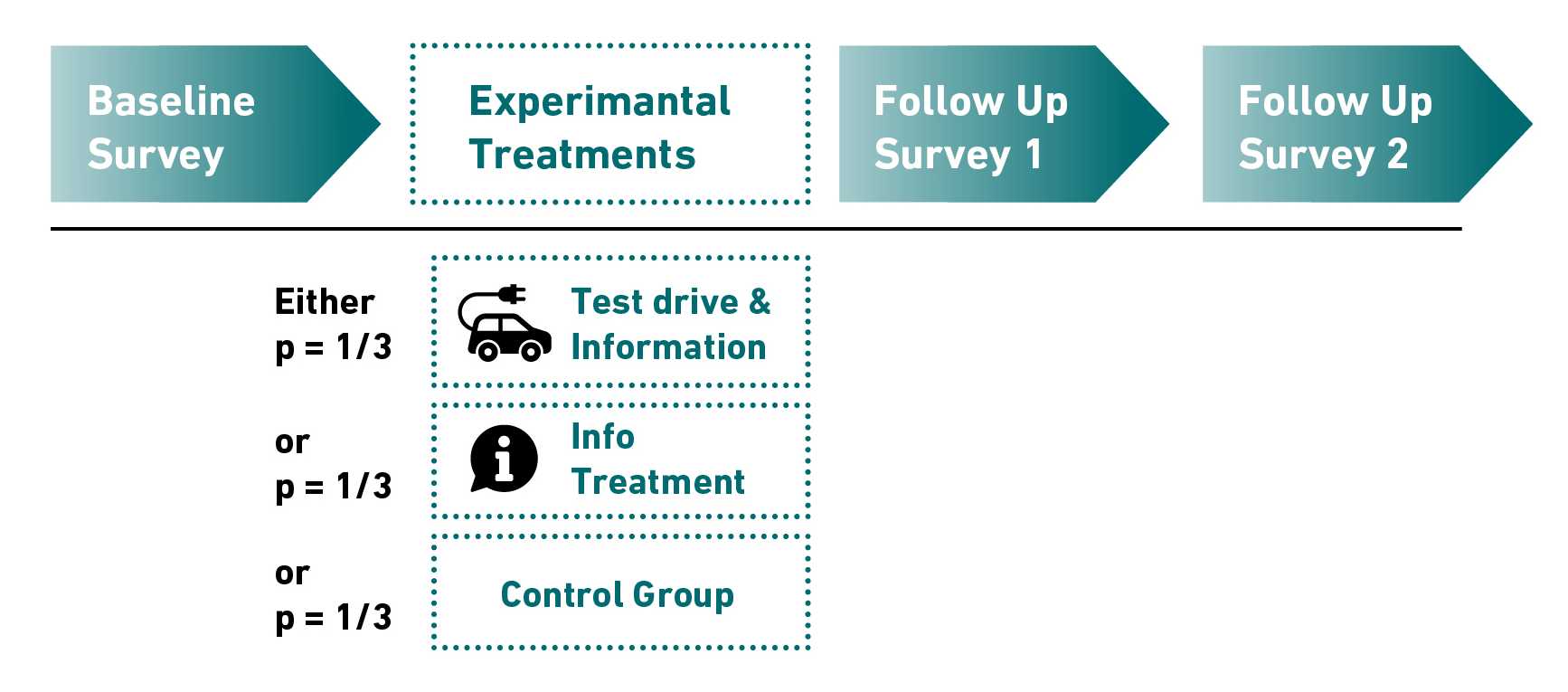
After random sampling from registered car holders (without any BEV) we invited them to take part in a panel survey conducted mid-2018. Participants are then randomly assigned to either:
- A control group or
- Provision of comprehensive information on BEVs or
- The same information on BEVs plus an actual multi-day BEV test-drive with quasi randomly-allocated BEVs.
More than 4’000 conventional car holders without a BEV take part in a first survey; more than 200 take part in the test-drives. The dependent variables, e.g. intention to adopt a BEV and actual BEV adoption are assessed in two subsequent panel waves conducted mid-2019 and end of 2020.
- Can extended test-drives and comprehensive information provision make conventional car holders consider and actually buy more BEVs, compared to a control group?
- Can these measures increase acceptance of BEV policies?
Participants
- Random sample of 4’147 conventional car holders
- Census of Battery Electric Vehicles (BEV) holders
in cantons Aargau, Schwyz, Zug and Zurich.
Partners who provided cars for test-drives
- ETH Transportation & Vehicles
- AMAG Import AG
- BMW Switzerland
- Hyundai Suisse
- Kenny's Auto-Center AG
- Kia Motors AG
- MM Automobile Schweiz AG
- Renault Suisse SA
You can read more about the Methods used to address our research questions.
